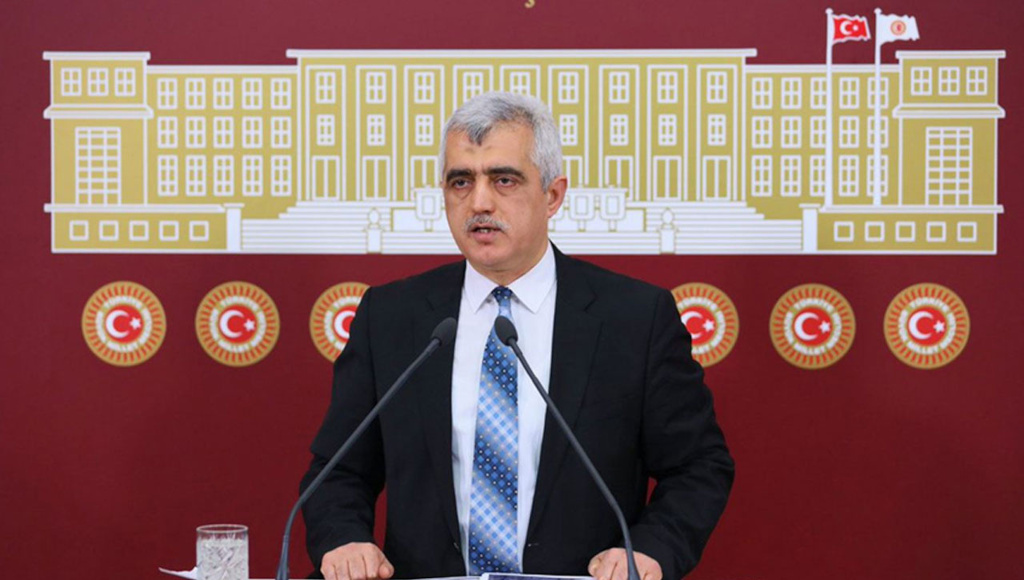A commission set up to adjudicate complaints from individuals who were adversely affected by government decree-laws during a two-year state of emergency (OHAL) declared after a 2016 coup attempt in Turkey, in reality, prevented applicants from exhausting domestic legal remedies for several years, human rights defender and Peoples’ Democratic Party (HDP) deputy Ömer Faruk Gergerlioğlu has said, the Stockholm Center for Freedom reported.
“The OHAL Commission turned into a body that constantly rejected the constitution and blocked the path to justice despite the fact that the state of emergency ended four years ago,” he said.
According to Gergerlioğlu the commission was established unlawfully and prevented appeals to justice.
Critics have expressed suspicion over the commission’s ability to serve justice since its foundation.
The Turkish government will, at the beginning of 2023, terminate the operations of the commission, according to local media reports.
The operations of the commission, which was initially established in the summer of 2017 for a period of two years and whose term was then extended several times by presidential decrees, will be terminated in its sixth year on January 22.
The move to end the commission’s mandate came as part of an omnibus bill submitted to parliament by the ruling Justice and Development Party (AKP), according to Turkish media reports, which added that the petitions of people dismissed by government decrees would be handled by the relevant ministries after the expiry of the commission’s mandate.
The AKP government declared a state of emergency in the aftermath of a failed coup on July 15, 2016 that remained in effect until July 19, 2018.
More than 130,000 public servants, including 4,156 judges and prosecutors, as well as 24,706 members of the armed forces, were summarily removed from their jobs for alleged membership in or relationships with “terrorist organizations” by emergency decree-laws subject to neither judicial nor parliamentary scrutiny.
The commission accepts complaints regarding dismissal from public service, jobs or organizations; dismissal from the university and the loss of student status; closure of associations, organizations, unions, federations, confederations, private health institutions, private education institutions, private institutions of higher education, private radio and TV stations, newspapers and magazines, news agencies, publishing houses and distribution channels; and the loss of retiree ranking through government decrees.
The commission rejected 106,970 applications out of the 124,235 it had processed since its establishment, according to a written statement it released on May 27. The statement also showed that the commission had received 127,130 applications, ruled in favor of only 17,265 petitioners and was still examining 2,895 applications.
The bill said the commission had examined more than 127,000 applications, without mentioning a specific number, according to local media reports.



